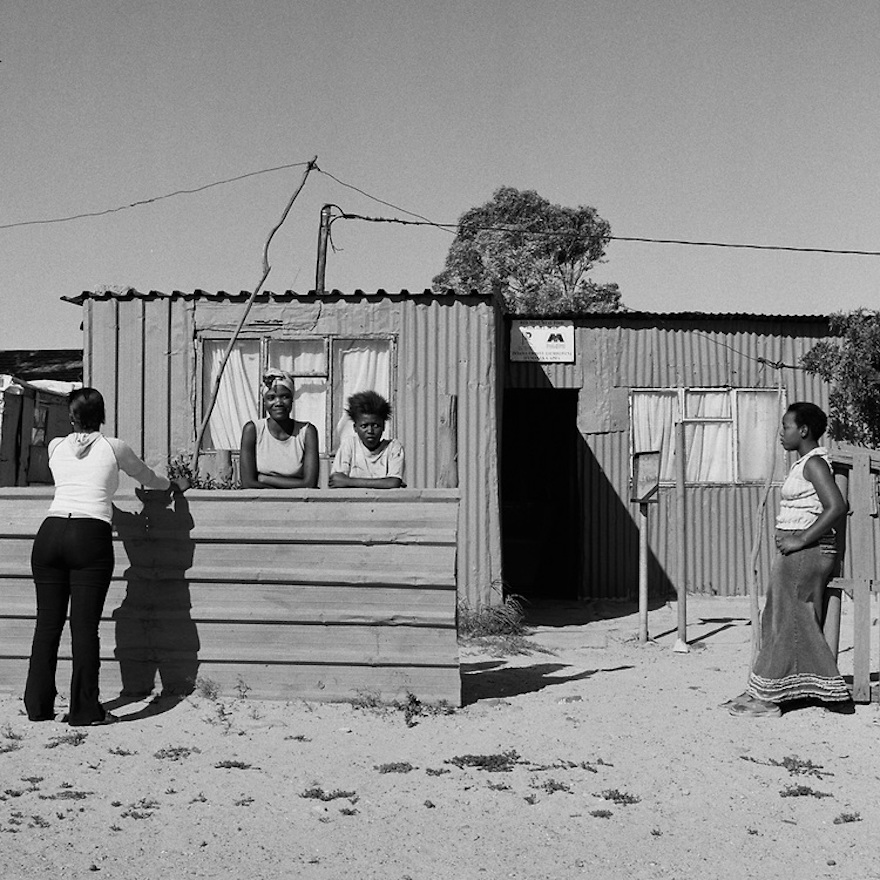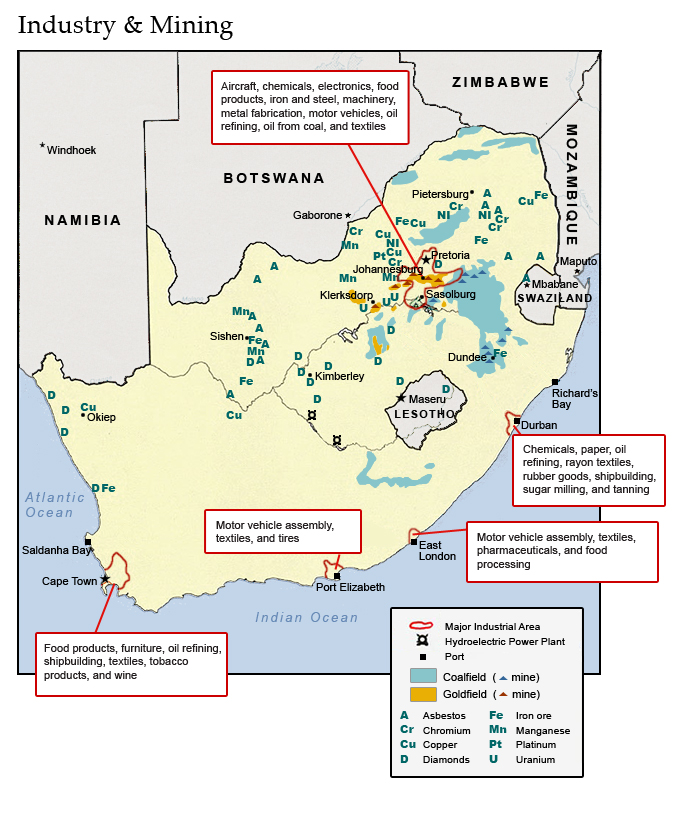
They were occupied by non-Europeans: Indians, black people, colored people. However, during apartheid they forced people to regroup, and only specific racial groups would live in certain townships. When I did my masters degree, I had a chance to research something I care about, and that’s the first thing that came to mind.īefore apartheid, townships were just working class neighborhoods. Your hospitals, your schools, and other public resources were overcrowded - which was not really the case for suburbs. The houses there were all uniformly sized regardless of the number of people living in them. The report was based on data gathered from 1993 to 2017 and was authored by Amory Gethin of the World Inequality Lab, which is linked to the Paris School of Economics, together with Aroop Chatterjee of Johannesburg’s University of The Witwatersrand’s Southern Centre for Inequality Studies and Leo Czajka of the Universite Catholique de Louvain in Belgium.I grew up with six siblings in a township called Lebowakgomo in the Limpopo province, in the northern part of South Africa.

While Black South Africans have outnumbered Whites in the richest 10% of the population for about 7 years, the gap between South Africa’s richest and poorest hasn’t narrowed as the decline in racial inequality has been driven almost entirely by a surge in the top Black incomes rather than increased wealth for the poorest, according to World Inequality Lab data. The richest 1% in South Africa have likely increased their share of wealth since the end of apartheid, the group said. That gap is higher than any other country for which sufficient data is available, the group added. In South Africa, the richest 10% of the population own more than 85% of household wealth, while over half the population have more liabilities than assets, the report showed. “Yet, wealth inequality has remained remarkably stable.” Wealth Gap

“South Africa’s successive governments endorsed several ambitious socioeconomic policy frameworks whose primary objectives consistently included reducing economic inequality inherited from colonial and apartheid regimes,” it said.


 0 kommentar(er)
0 kommentar(er)
